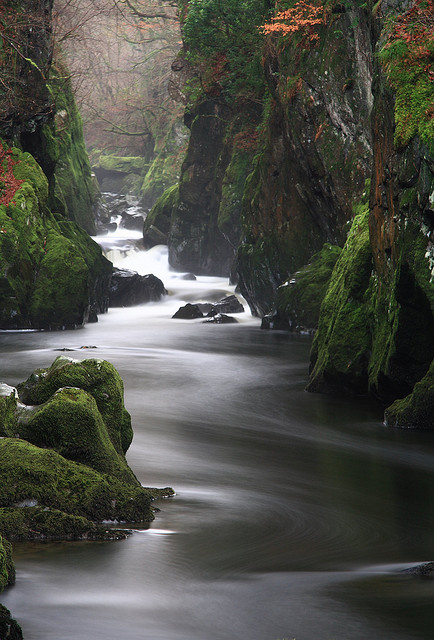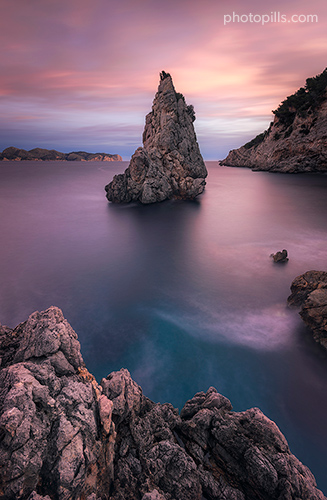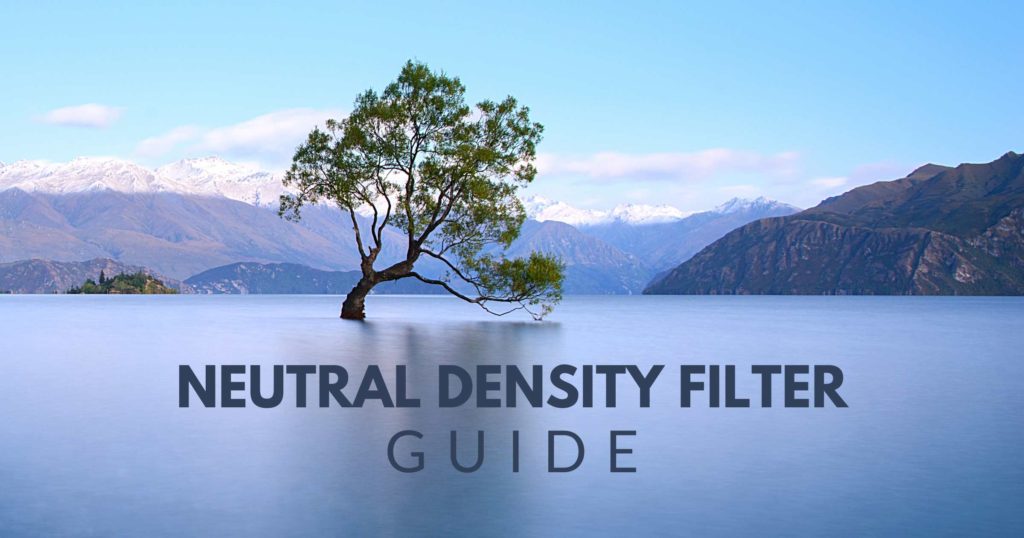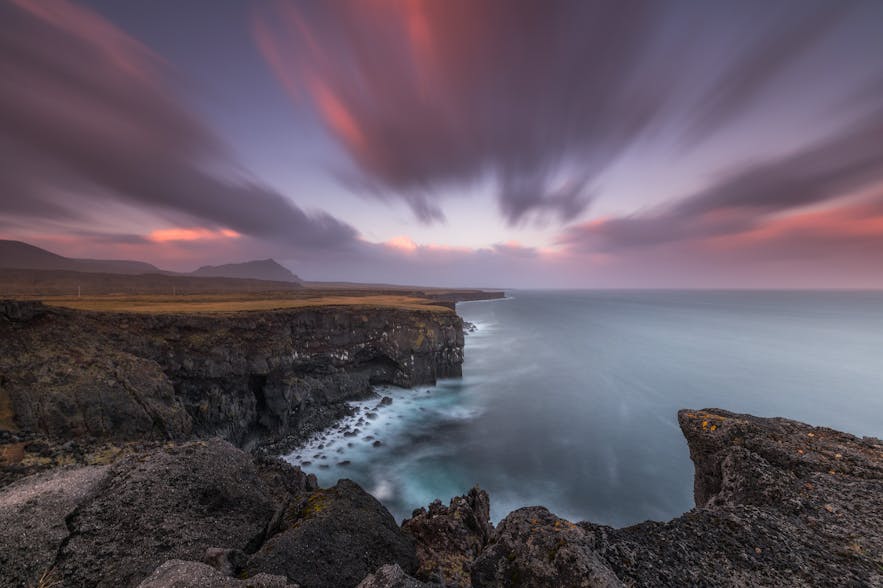Stacking nd filters information
Home » Background » Stacking nd filters informationYour Stacking nd filters images are available. Stacking nd filters are a topic that is being searched for and liked by netizens now. You can Find and Download the Stacking nd filters files here. Get all free vectors.
If you’re looking for stacking nd filters images information connected with to the stacking nd filters topic, you have visit the right site. Our website always provides you with suggestions for seeking the maximum quality video and picture content, please kindly search and find more enlightening video articles and images that match your interests.
Stacking Nd Filters. Summary of 10-Stop ND Filters Reviewed Below I list the reviewed 10-stop neutral density filters in ascending order of my recommendation. Go back to X4 ND. There are some cases where you might have to though - like ND filters. Try stacking a hard-edged grad with a soft-edged grad to control more light high in the scene and then feather into a lighter foreground.
 Complete Guide To Neutral Density Filters Part 2 Types Strengths Explained Discover Digital Photography From discoverdigitalphotography.com
Complete Guide To Neutral Density Filters Part 2 Types Strengths Explained Discover Digital Photography From discoverdigitalphotography.com
There is also the issue of internal reflections between the filters. An ND stopper filter will evenly stop out the light in the scene. The advantages to this is that you 1 arent stacking and 2 are reducing the amount of glass you are shooting through as each airglass interchange effects image quality. Yes you can stack filters of any type but you need to remember that each filter can adversely affect sharpness. With moving water that tak. Stacking Manfrottos ND filters I was able to go all the way up to 18 stops 3x6x9x without having problems with colour cast and if that has worked for my long exposures it should work for the eclipse of the Sun.
Try stacking a hard-edged grad with a soft-edged grad to control more light high in the scene and then feather into a lighter foreground.
Stackable ND Filters Ophir ND filters are C-mount threads which means you can screw one onto. It is important to place the ND filter in the slot closest to the lens making sure that the foam gasket fits smugly against the filter holder itself. The real problem with mean stacking is that if you get to the point of using a 10 stop ND filter the number of exposures youd need in order to get an. But whats the best way to physically attach the filters to your beam profiler. As previously mentioned I tend to shoot long exposure photography around what I call the Golden Exposure of 16sec shutter speed. Mainly to avoid putting the weight of the ND filter on the rotating joint of the polarizer.
 Source: youtube.com
Source: youtube.com
After spending money on 3 poor quality filters and ruining some pictures I began to wonder what was going on. If you feel its worth it to have a UV filter on your lens for protection then having any other type of filter on the lens will serve the same protective purpose in addition to whatever effect is supplied by this other filter so theres really no benefit to having two filters stacked and there is a definite additional decrease in image quality with having 2 filters thats not present with a single filter along with the risk of. Always put the strongest attenuator highest ND value closest to the camera. ND256 and stack them together giving me more flexibility as I can just use one or the other or both. Add an ND grad to control highlights in the scene and bring up the foreground shadows.
 Source: photopills.com
Source: photopills.com
Mainly to avoid putting the weight of the ND filter on the rotating joint of the polarizer. Just because you can stack them doesnt mean you should. But theres a right way and a wrong way to do this. Stacking Manfrottos ND filters I was able to go all the way up to 18 stops 3x6x9x without having problems with colour cast and if that has worked for my long exposures it should work for the eclipse of the Sun. The second is to invest in a square filter system.
 Source: youtube.com
Source: youtube.com
There is also the issue of internal reflections between the filters. Try stacking a hard-edged grad with a soft-edged grad to control more light high in the scene and then feather into a lighter foreground. On square filters its not an issue since the filters are held by the holder. However some photographers have recently begun using image stacking techniques in place of an ND filter. There is one last option.
 Source: schubertphotography.com
Source: schubertphotography.com
Try stacking a hard-edged grad with a soft-edged grad to control more light high in the scene and then feather into a lighter foreground. Yes you can stack filters of any type but you need to remember that each filter can adversely affect sharpness. In fact it does and in the end I felt that using only the ND500 and ND64 was enough as it offered me 15 stops of light reduction. This is where several shots have been taken of a scene which are then combined in post-production. This prevents light leak more effectively than if the ND filter was placed in the outer slots.
 Source: fstoppers.com
Source: fstoppers.com
In fact it does and in the end I felt that using only the ND500 and ND64 was enough as it offered me 15 stops of light reduction. Mainly to avoid putting the weight of the ND filter on the rotating joint of the polarizer. Also if youre using a wide angle lens stacking may cause vignetting. There is one last option. As previously mentioned I tend to shoot long exposure photography around what I call the Golden Exposure of 16sec shutter speed.
 Source: photopills.com
Source: photopills.com
So I had the brilliant idea of stacking 3 ND filters of 3 stops each and a circular polarizer that allowed me to get that extra stop to reach 10 stops of light reduced. Always put the strongest attenuator highest ND value closest to the camera. Ophir ND filters are C-mount threads which means you can screw one onto the profiler and another onto the first and so on. As they are rotated out of phase the variable ND blocks more light from being transmitted. The advantages to this is that you 1 arent stacking and 2 are reducing the amount of glass you are shooting through as each airglass interchange effects image quality.
 Source: youtube.com
Source: youtube.com
Stacking another polarizer in front of a variable ND can have weird consequences that are not intuitive at all Bells Theorem. After spending money on 3 poor quality filters and ruining some pictures I began to wonder what was going on. P1 8 p1 8 Stacking a ND filter and a polarizer which do you tend to put on the bottom. Add an ND grad to control highlights in the scene and bring up the foreground shadows. A square system although more expensive makes it easier to adapt to all lenses and is also easier when stacking neutral density filters.
 Source: photo.stackexchange.com
Source: photo.stackexchange.com
P1 8 p1 8 Stacking a ND filter and a polarizer which do you tend to put on the bottom. Variable NDs achieve their affect by stacking two polarizers in the same filter that can rotate independently of each other. An ND stopper filter will evenly stop out the light in the scene. Add an ND grad to control highlights in the scene and bring up the foreground shadows. And yes you would be better off switching as you need them.
 Source: dpreview.com
Source: dpreview.com
Yes you can stack filters of any type but you need to remember that each filter can adversely affect sharpness. With moving water that tak. Ophir ND filters are C-mount threads which means you can screw one onto the profiler and another onto the first and so on. Variable NDs achieve their affect by stacking two polarizers in the same filter that can rotate independently of each other. Stackable ND Filters Ophir ND filters are C-mount threads which means you can screw one onto.
 Source: iceland-photo-tours.com
Source: iceland-photo-tours.com
There are some cases where you might have to though - like ND filters. The first is to invest in a set of ND filters to fit your largest lens and buy stop down rings to fit to your smaller lenses. Used to control exposure landscape photographers often use an ND filter to create a long exposure when working in brightly lit conditions. Try stacking a hard-edged grad with a soft-edged grad to control more light high in the scene and then feather into a lighter foreground. So I had the brilliant idea of stacking 3 ND filters of 3 stops each and a circular polarizer that allowed me to get that extra stop to reach 10 stops of light reduced.
 Source: martinbaileyphotography.com
Source: martinbaileyphotography.com
This is handy if you need extra attenuation. But theres a right way and a wrong way to do this. ND256 and stack them together giving me more flexibility as I can just use one or the other or both. So I had the brilliant idea of stacking 3 ND filters of 3 stops each and a circular polarizer that allowed me to get that extra stop to reach 10 stops of light reduced. Yes they have threads for the purpose of stacking.
 Source: discoverdigitalphotography.com
Source: discoverdigitalphotography.com
After spending money on 3 poor quality filters and ruining some pictures I began to wonder what was going on. This prevents light leak more effectively than if the ND filter was placed in the outer slots. Used to control exposure landscape photographers often use an ND filter to create a long exposure when working in brightly lit conditions. Just because you can stack them doesnt mean you should. The first is to invest in a set of ND filters to fit your largest lens and buy stop down rings to fit to your smaller lenses.
 Source: dpreview.com
Source: dpreview.com
In order to get more ND flexibility I figure I could either purchase an ND1000 10-stop filter and use that instead or I could purchase another ND filter of a lower strength eg. So I had the brilliant idea of stacking 3 ND filters of 3 stops each and a circular polarizer that allowed me to get that extra stop to reach 10 stops of light reduced. Try stacking a hard-edged grad with a soft-edged grad to control more light high in the scene and then feather into a lighter foreground. However some photographers have recently begun using image stacking techniques in place of an ND filter. There is one last option.
 Source: photo.stackexchange.com
Source: photo.stackexchange.com
The first is to invest in a set of ND filters to fit your largest lens and buy stop down rings to fit to your smaller lenses. The advantages to this is that you 1 arent stacking and 2 are reducing the amount of glass you are shooting through as each airglass interchange effects image quality. An ND stopper filter will evenly stop out the light in the scene. P1 8 p1 8 Stacking a ND filter and a polarizer which do you tend to put on the bottom. Ophir ND filters are C-mount threads which means you can screw one onto the profiler and another onto the first and so on.
 Source: singh-ray.com
Source: singh-ray.com
It is important to place the ND filter in the slot closest to the lens making sure that the foam gasket fits smugly against the filter holder itself. Stackable ND Filters. As previously mentioned I tend to shoot long exposure photography around what I call the Golden Exposure of 16sec shutter speed. Mainly to avoid putting the weight of the ND filter on the rotating joint of the polarizer. Stackable ND Filters Ophir ND filters are C-mount threads which means you can screw one onto.
 Source: fstoppers.com
Source: fstoppers.com
ND256 and stack them together giving me more flexibility as I can just use one or the other or both. The first is to invest in a set of ND filters to fit your largest lens and buy stop down rings to fit to your smaller lenses. Also if youre using a wide angle lens stacking may cause vignetting. You can stack a bunch of filters to reach 24-stops or you can just get a single 24-stop ND filter. Variable NDs achieve their affect by stacking two polarizers in the same filter that can rotate independently of each other.
 Source: dpreview.com
Source: dpreview.com
Just because you can stack them doesnt mean you should. This is where several shots have been taken of a scene which are then combined in post-production. Ophir ND filters are C-mount threads which means you can screw one onto the profiler and another onto the first and so on. But whats the best way to physically attach the filters to your beam profiler. Stacking ND Filters The Right Way and the Wrong Way ND filters are a great way to get your laser down to a manageable power for beam profiling.
 Source: pointsinfocus.com
Source: pointsinfocus.com
It is important to place the ND filter in the slot closest to the lens making sure that the foam gasket fits smugly against the filter holder itself. Shooting with one single 10-stop over a 3-stop stacked with a 6-stop means you have no vignetting down to 16mm on a full-frame setup where as stacking two X4 NDs adds a small bit of light falloff down to 18mm and wider. This is handy if you need extra attenuation. On square filters its not an issue since the filters are held by the holder. Summary of 10-Stop ND Filters Reviewed Below I list the reviewed 10-stop neutral density filters in ascending order of my recommendation.
This site is an open community for users to share their favorite wallpapers on the internet, all images or pictures in this website are for personal wallpaper use only, it is stricly prohibited to use this wallpaper for commercial purposes, if you are the author and find this image is shared without your permission, please kindly raise a DMCA report to Us.
If you find this site convienient, please support us by sharing this posts to your preference social media accounts like Facebook, Instagram and so on or you can also bookmark this blog page with the title stacking nd filters by using Ctrl + D for devices a laptop with a Windows operating system or Command + D for laptops with an Apple operating system. If you use a smartphone, you can also use the drawer menu of the browser you are using. Whether it’s a Windows, Mac, iOS or Android operating system, you will still be able to bookmark this website.